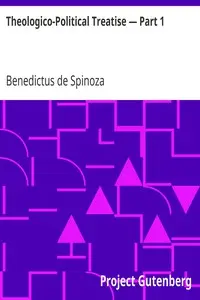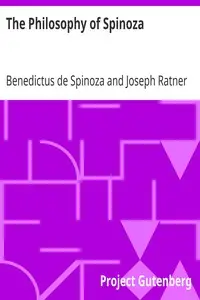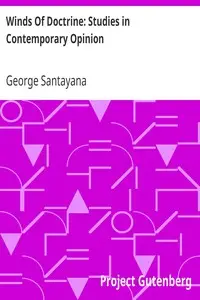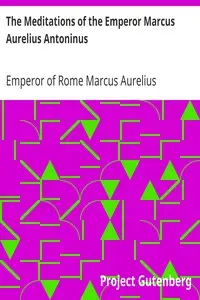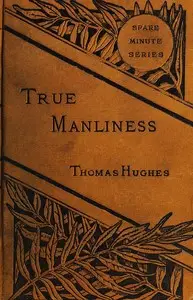"Ethics — Part 3" by Benedictus de Spinoza is a philosophical exploration of emotions, human behavior, and morality originating from 17th century thought. It examines how emotions arise from natural laws instead of flaws in human nature. Using a method like geometry, feelings such as love, hate, and desire are broken down as natural responses within the world. The work begins by criticizing past philosophers and the misunderstandings around human emotions that they had. Spinoza claims that emotions should be understood through reasoning and cause-and-effect. By defining terms related to emotion, he sets up a systematic way to understand the interaction between the human mind and feelings, emphasizing that active and passive states of mind can be understood through math-like principles. The goal is to help people recognize the origins of their emotions; understanding paves the way for freedom, and controlling that understanding is a path to a more rational life.
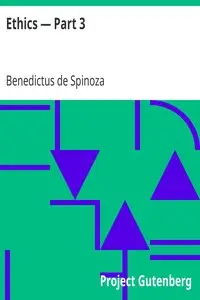
Ethics — Part 3
By Benedictus de Spinoza
Uncover the surprising mathematical explanation of emotions like love and hate, and how understanding them can lead to true freedom.
Genres
Released
1997-06-01
Formats
mobi
epub
epub3 (images)
mobi (images)
epub (images)
txt
Free Download
Summary
About the AuthorBaruch (de) Spinoza, also known under his Latinized pen name Benedictus de Spinoza, was a philosopher of Portuguese-Jewish origin. A forerunner of the Age of Enlightenment, Spinoza significantly influenced modern biblical criticism, 17th-century rationalism, and Dutch intellectual culture, establishing himself as one of the most important and radical philosophers of the early modern period. Influenced by Stoicism, Thomas Hobbes, René Descartes, Ibn Tufayl, and heterodox Christians, Spinoza was a leading philosopher of the Dutch Golden Age.
Baruch (de) Spinoza, also known under his Latinized pen name Benedictus de Spinoza, was a philosopher of Portuguese-Jewish origin. A forerunner of the Age of Enlightenment, Spinoza significantly influenced modern biblical criticism, 17th-century rationalism, and Dutch intellectual culture, establishing himself as one of the most important and radical philosophers of the early modern period. Influenced by Stoicism, Thomas Hobbes, René Descartes, Ibn Tufayl, and heterodox Christians, Spinoza was a leading philosopher of the Dutch Golden Age.
Total Reviews
10.0k
Total reviews from Goodreads may change

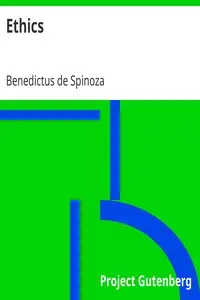
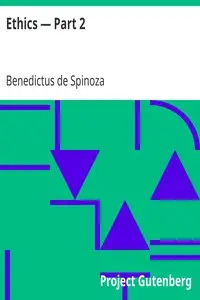

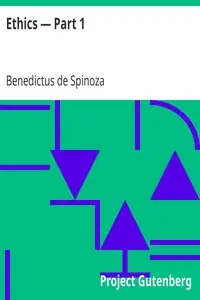
![A Theological-Political Treatise [Part III] by Benedictus de Spinoza](https://cdn.a2-host.cloud/Z1swC-iyRPdO0w24Vbpj6PEYPdrMXm_reky7g0_GFnk/rs:fill:215:325:0/g:ce/aHR0cHM6Ly9zcC1hc3NldHMuczMudXMtd2VzdC0wMDQuYmFja2JsYXplYjIuY29tL2Jvb2svOTkxL0FfVGhlb2xvZ2ljYWxQb2xpdGljYWxfVHJlYXRpc2VfUGFydF9JSUlfY292ZXIuanBn.webp)
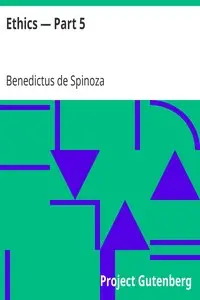
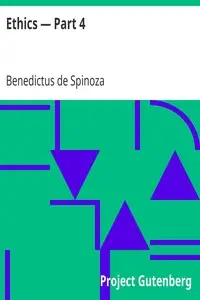
![A Theological-Political Treatise [Part IV] by Benedictus de Spinoza](https://cdn.a2-host.cloud/oLEoT01nzb4qmdXej30arzSQ6UapDj-aNEzNc9Ju0qw/rs:fill:215:325:0/g:ce/aHR0cHM6Ly9zcC1hc3NldHMuczMudXMtd2VzdC0wMDQuYmFja2JsYXplYjIuY29tL2Jvb2svOTkyL0FfVGhlb2xvZ2ljYWxQb2xpdGljYWxfVHJlYXRpc2VfUGFydF9JVl9jb3Zlci5qcGc.webp)
